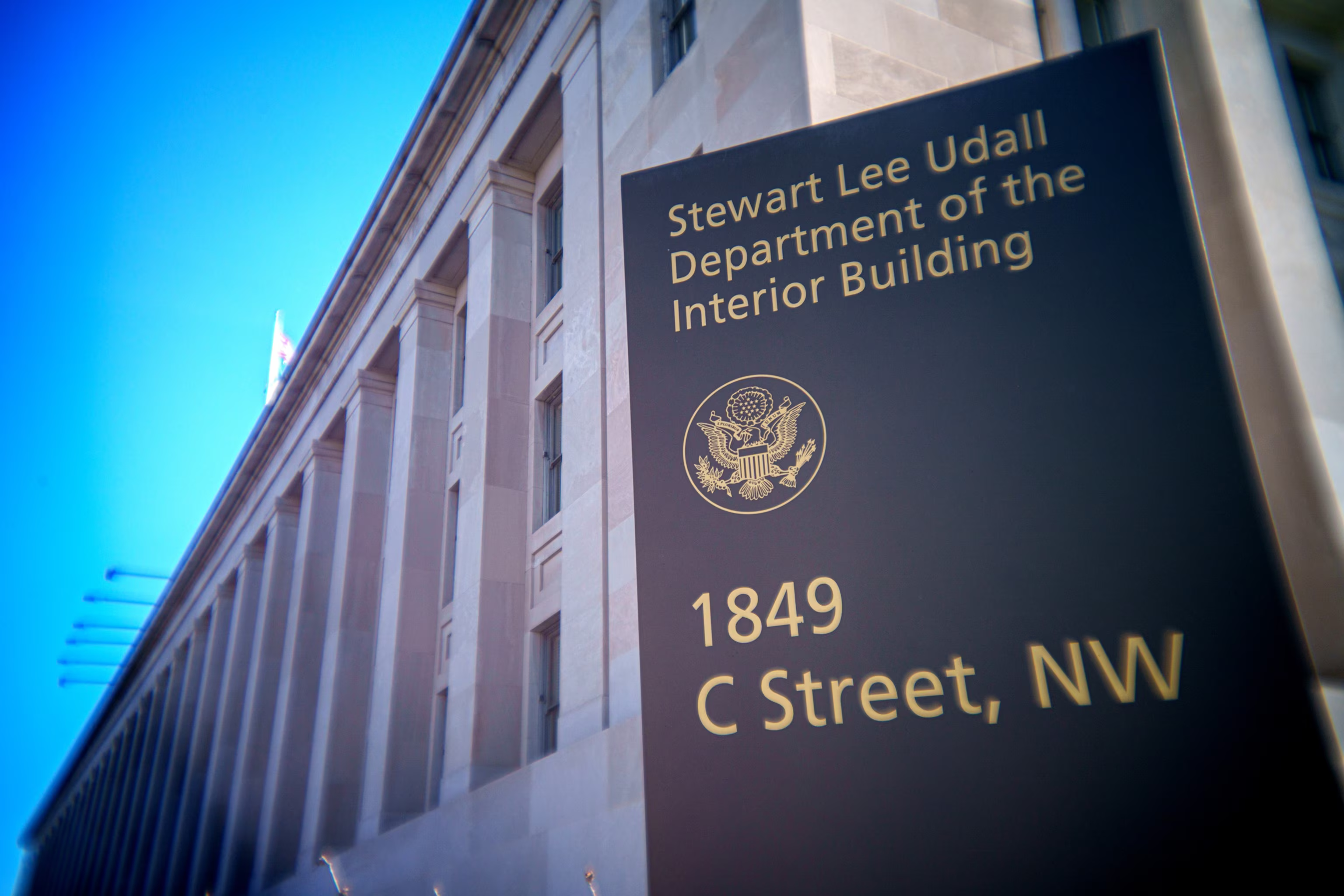President Trump signed a proclamation on Wednesday implementing extensive travel restrictions affecting 19 countries, citing national security concerns. The new ban, which takes effect on June 9, 2025, completely blocks entry from 12 nations while imposing partial limitations on seven others.
Ban Scope and Implementation

The proclamation fully suspends entry of nationals from Afghanistan, Myanmar, Chad, Republic of the Congo, Equatorial Guinea, Eritrea, Haiti, Iran, Libya, Somalia, Sudan, and Yemen. Additionally, it partially restricts travelers from Burundi, Cuba, Laos, Sierra Leone, Togo, Turkmenistan, and Venezuela.
“President Trump is fulfilling his promise to protect Americans from dangerous foreign actors that want to come to our country and cause us harm,” White House spokeswoman Abigail Jackson told CBS News. “These commonsense restrictions are country-specific and include places that lack proper vetting, exhibit high visa overstay rates, or fail to share identity and threat information.”
Exemptions for Certain Travelers
The ban includes several exceptions, notably for U.S. permanent residents, immediate family members of U.S. citizens with “clear and convincing evidence of identity and family relationship,” dual nationals using passports from non-restricted countries, diplomats, athletes participating in major sporting events, and Afghans who assisted American forces with special visas.
Historical Context and Legal Implications
This action echoes similar restrictions implemented during Trump’s first administration in 2017, which initially targeted predominantly Muslim countries. That ban faced numerous legal challenges before being upheld by the Supreme Court in 2018, with conservative justices citing presidential authority to restrict entry on national security grounds. The Biden administration rescinded those restrictions after taking office.
Representative Pramila Jayapal (D-Wash.), former chair of the Congressional Progressive Caucus, criticized the new ban as “dangerous” and predicted it would “further isolate us on the world stage.”
Review Process Established
The proclamation establishes a review mechanism requiring the Secretary of State to assess the restrictions every 180 days and recommend whether they should be continued, terminated, modified, or supplemented. It also directs engagement with the affected countries on measures to improve their compliance with U.S. security requirements.
Contact us today through our website or WhatsApp to discover how we can help you achieve success in the United States. Together, we can turn dreams into reality.
Information source: cbsnews.com | nypost.com | whitehouse.gov



